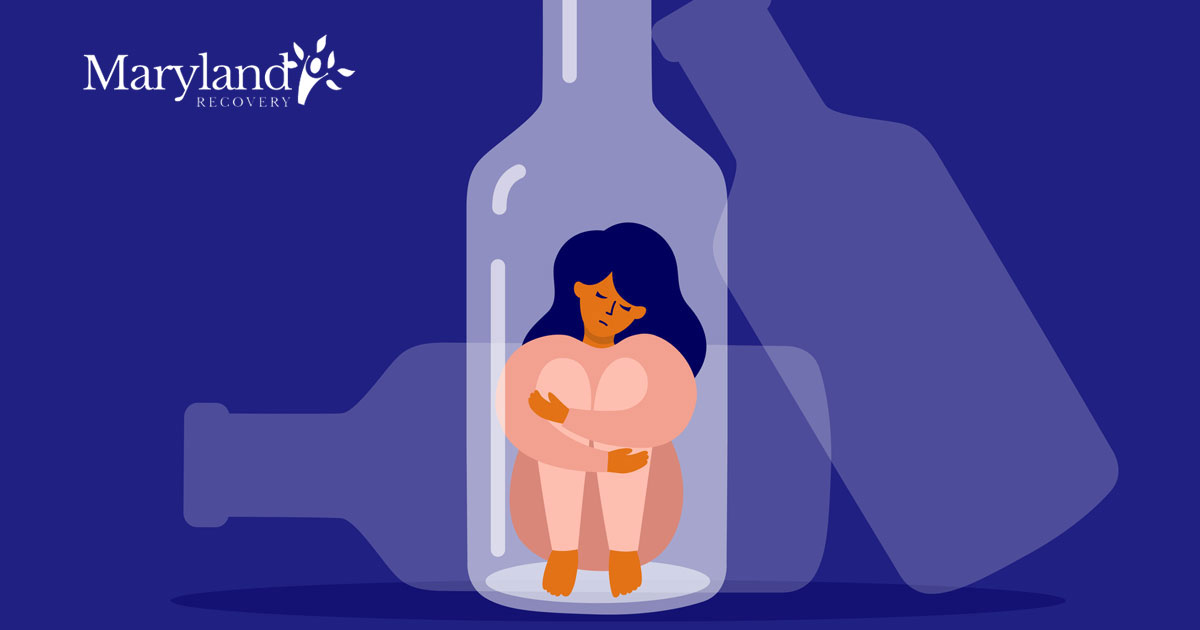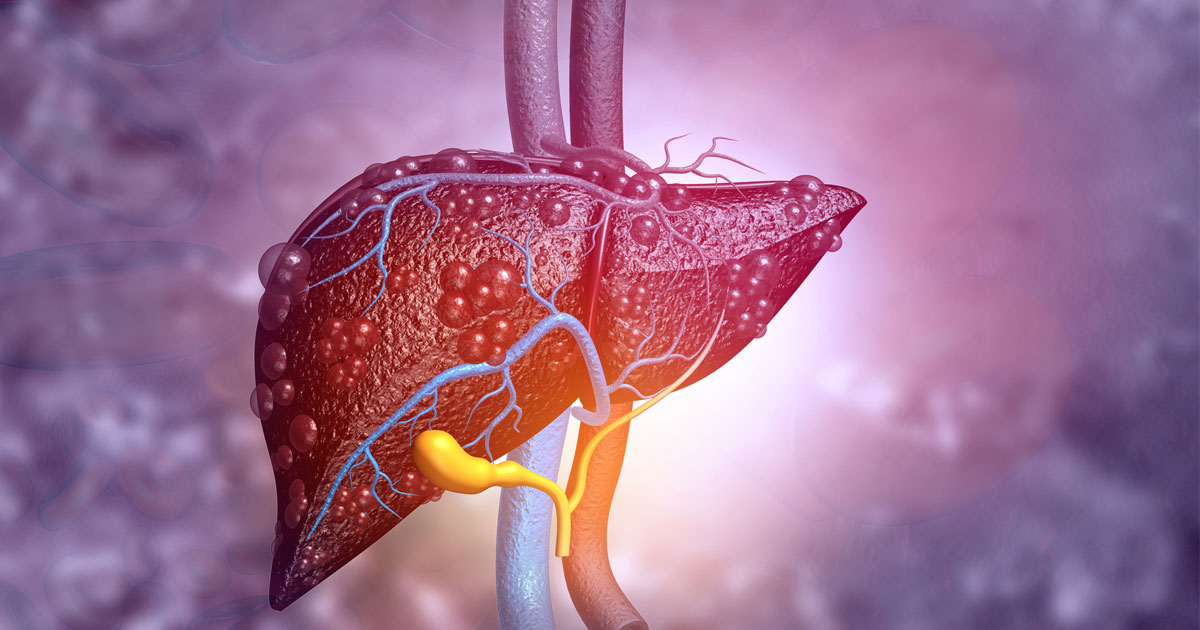
Whether you’re out to eat with friends, at a company party, or at home enjoying a quiet night, sometimes it can be difficult to tell whether you’ve had too much to drink. When everyone is enjoying themselves, it often seems like the good times shouldn’t end – but that doesn’t mean the drinking shouldn’t. A lot of alcoholism begins with losing a grasp on where casual drinking stops and abuse begins. At some point, even what starts with casual drinking can become a danger to your safety, health, and relationships.
While there are obvious signs that can signal if you or a loved one is abusing alcohol, there are several levels of alcoholism that should be considered. Alcoholism has many faces, from binge drinking to alcohol dependence, and each has its own different mental and physical effects.
The Dangers of Alcohol Abuse
Despite the societal and cultural normalcy of consuming alcohol, no degree of alcohol consumption is without risk. In many ways, frequent alcohol consumption alone constitutes abuse, as it can lead to both physical and mental problems. Alcohol can be damaging even if a person doesn’t experience withdrawal side effects between consumption.

Day-to-day life can be affected in big or small ways as a result of alcohol abuse. Consequences, such as forgetting daily scheduling, being late to work, or missing appointments with friends, might not seem monumental at first, but eventually, these things build up and can cause major issues in one’s life. Sometimes, people forget to do simple things, such as bathe or brush their teeth, resulting in personal neglect. Eventually, relationships with partners, family, and friends can break down. Alcohol abuse is very insidious and can sneak up on someone. If not dealt with, the effects may be causing irreparable damage before someone ever realizes it’s affecting them.
Additionally, people use alcohol to cope with both internal and external problems, which can increase the instances or occasions in which alcohol is consumed. Alcohol, then, is not only consumed in social gatherings or to celebrate a good day but is also used on difficult days or when one is stressed. This negative cycle is difficult to break and can easily snowball into abuse.
Different Levels of Alcohol Abuse
Due to the varying levels in which alcohol can negatively affect one’s health and relationships, there is a wide degree to which alcohol consumption turns into abuse. Learning how to identify the signs of each will allow you to recognize these dangers in yourself or in a loved one at the earliest possible time.
What Is Alcohol Dependency and How to Identify It
Habitual alcoholism, in which alcohol has an established role in one’s routine – whether that’s drinking after work or consuming alcohol regularly with meals – is distinct from alcohol dependency. True alcohol dependency is a medical affliction affecting both the mind and body. Those suffering from alcohol dependency will become physically and mentally dependent on alcohol to the point that they will experience the physical withdrawal symptoms of shaking, profuse sweating, and body temperature fluctuations if alcohol is not consumed. Mental withdrawal can consist of an abrupt, severe change of attitude along with the onset of depression and anxiety, the result of which can damage personal and professional relationships.
One does not need to consider themselves an alcoholic to experience the physical withdrawal effects of alcohol dependency. For people with serious alcohol dependency, a lack of sleep, delirium tremens, and irregular heartbeats can result from withdrawal. Withdrawing from alcohol dependency is so serious that, if not done properly, it can result in death. For this reason, it is highly recommended that people with serious alcohol dependency consult a doctor about withdrawing gradually.
What Is Binge Drinking and How to Identify It
Binge drinking occurs when an excessive amount of alcohol is ingested within a small period of time, bringing the blood alcohol content above legal intoxication. Unfortunately, this behavior is normalized throughout most societies around the world. There is no particular type of person that can end up with a binge drinking problem. Binge drinking affects both young and old, though binge drinking is more likely to occur within groups of young people, such as high school or college students, who tend to socialize with large groups of friends more often than their elders.[1]Courtney, K. E., & Polich, J. (2009). Binge drinking in young adults: Data, definitions, and determinants. Psychological Bulletin, 135 (1), 142–156. https://doi.org/10.1037/a0014414
Binge drinking is so difficult to deal with because societies around the world have normalized drinking heavy amounts of alcohol in one sitting. Consuming a reasonable amount of alcohol while out with friends is generally considered safe. However, this behavior can also lead to overconsumption, drunkenness, or blackouts. Consuming alcohol away from home without a designated driver can also lead to car accidents as a result from drunk driving.
At what point alcohol consumption is considered to be binge drinking varies depending on certain factors, such as health, sex, weight, and age. Consuming more than five drinks for men or four drinks for women at one time is generally considered binge drinking.[2]Crabbe, J. C., Harris, R. A., & Koob, G. F. (2011). Preclinical studies of alcohol binge drinking. Annals of the New York Academy of Sciences, 1216(1), 24-40. … Continue reading Regardless of the specific quantity, if the amount of alcohol you are consuming leads to irrational behavior or blackouts, they are symptoms of binge drinking.
What Are the Negative Effects of Alcohol?
Since alcohol is a solvent that can quickly affect the brain, a person will immediately experience the depressant results of drinking alcohol. Alcohol immediately disrupts the brain’s control over the body. Some short-term problems from drinking alcohol include fuzzy vision, delayed responses, and forgetfulness, often leading to a reduction in performance at work or school.[3]El Ansari, W., Stock, C., & Mills, C. (2013). Is alcohol consumption associated with poor academic achievement in university students? International journal of preventive medicine, 4 (10), … Continue reading But, can alcohol damage you permanently?
Though these short-term issues are problematic on their own, they eventually turn into long-term problems which can become even more serious. If you continue to damage your brain by drinking alcohol, these effects can take a permanent hold. In fact, long-term alcohol use can have lasting effects on the brain, spine, and nerves. Damage to your nervous system affects you both mentally and physically.
While men and women are both negatively affected by alcohol, male and female bodies physiologically process alcohol differently. As a result, women have a higher risk of alcohol-related complications. Similarly, young adults are more neurologically vulnerable, and therefore more susceptible to alcohol-related complications. This is because the minds and bodies of adults under the age of 25 are still developing. In addition to the physiological effects, younger adults can be more prone to the negative practical effects of alcohol abuse, such as drunk driving.
Women who ingest alcohol while pregnant are at a high risk of damaging both the fetus’ brain and body. Babies born in this condition are known to suffer from fetal alcohol syndrome. There is no known level of alcohol considered safe to consume during pregnancy.
What Are the Long-Term Effects of Drinking Alcohol?
The negative effects of alcohol affect lives in both the short and long term. Even though many people realize that alcohol is generally detrimental to their health, they continue to drink heavily because they may be unaware of the specific extent of the negative effects. There are numerous long-term effects of alcohol, the most serious of which are life-threatening – in fact, over 140,000 people die of alcohol abuse each year.[4]Centers for Disease Control and Prevention (2022). Alcohol and Public Health: Alcohol-Related Disease Impact (ARDI). Alcohol Related Disease Impact (ARDI) Application. Retrieved June 27, 2022, from … Continue reading
Since long-term usage damages the human brain permanently, long-term abuse destroys the nervous system, causing a damaging effect even when people aren’t drinking alcohol. This leads to detrimental effects on everyday tasks, such as hand-eye coordination, the ability to remember, and general cognitive functions. Long-term effects of alcohol include, but are not limited to: [5] Iranpour, A., & Nakhaee, N. (2019). A Review of Alcohol-Related Harms: A Recent Update. Addiction Health , 11 (2), 129–137.https://doi.org/10.22122/ahj.v11i2.225
- Trouble Sleeping
- Anxiety and depression
- Dementia
- Loss of cognitive functions
- Poor decision making
- Learning problems
- Lowered sexual drive
- Reduced sexual performance
- Increased risk of cancer, especially colon and throat cancers
- Increased risk of heart disease
- Increased risk of stroke
- Ulcers
- Extreme weight gain
- Reduced liver function
- Cirrhosis of the liver
- Seizure
What Are Effects Alcohol Has on the Body?

The long-term effects of alcohol on the body are very serious because they cover most parts of the body. These effects are extremely dangerous because, in most cases, they cannot be reversed. Alcohol affects a wide range of organs besides the brain.
- Pancreas—alcohol causes the pancreas to expand, disrupting proper digestion.
- Heart—alcohol raises blood pressure, with a high chance of causing a stroke.
- Liver—the liver is the most commonly affected part of the body, as this is where your body processes alcohol. Alcohol can cause hepatitis and inflammation.
- Immune System—you may experience an increased chances of various diseases as alcohol depresses your immune system
- Mouth—Alcohol can cause cancer in and around the mouth, or alcohol can cause slurred speech and other motor function issues that can also lead to further physical problems
Problems of the brain as a result of alcohol abuse can sometimes be fixed with adequate medical care, offering those affected a glimmer of hope. One sure way to begin reversing the detrimental effects of alcohol on the brain is to fully abstain from drinking for a substantial period of time. Prolonged sobriety is the strongest step toward healing.
Seeking Help

One of the most difficult steps to take in any case of risky behavior is to seek a solution and ask for help. This is especially true for those who suffer from alcohol abuse. Both shame and an overconfident belief in our ability to handle things on our own are often barriers to finding help.
Those who avoid rehabilitation will often attempt to quit drinking cold turkey. This type of rapid, unsupervised detoxification is very dangerous, as it can result in severe withdrawals, dehydration, seizure, and delirium tremens. Left unsupervised by medical professionals, extreme and sudden detox can result in severe medical reactions, including death.
Those who attempt to quit and detox on their own without a personal network of support from friends, family, and medical professionals are more likely to relapse and fall back into the same patterns of behavior that led to their abuse. It is only a consistent network of support and resources that enables someone who suffers from alcohol abuse to maintain sobriety and find success long-term.
Reach Out to Maryland Recovery
The team at Maryland Recovery helps individuals undergo a recovery that is tailored to what is best for them. Reach out to us today to receive the necessary medical and supportive care necessary to deal with issues related to alcohol abuse. The care provided at Maryland Recovery is geared towards holistic, long-term solutions. With enough support and the right tools for recovery, you can begin a new life and a clean, healthy future.
Reviewed by Christopher Schwartfigure MS, LGPC, CAC-AD
References
| ↑1 | Courtney, K. E., & Polich, J. (2009). Binge drinking in young adults: Data, definitions, and determinants. Psychological Bulletin, 135 (1), 142–156. https://doi.org/10.1037/a0014414 |
|---|---|
| ↑2 | Crabbe, J. C., Harris, R. A., & Koob, G. F. (2011). Preclinical studies of alcohol binge drinking. Annals of the New York Academy of Sciences, 1216(1), 24-40. https://doi.org/10.1111/j.1749-6632.2010.05895.x |
| ↑3 | El Ansari, W., Stock, C., & Mills, C. (2013). Is alcohol consumption associated with poor academic achievement in university students? International journal of preventive medicine, 4 (10), 1175–1188. Retrieved June 27, 2022, from https://www.ncbi.nlm.nih.gov/pmc/articles/PMC3843305/ |
| ↑4 | Centers for Disease Control and Prevention (2022). Alcohol and Public Health: Alcohol-Related Disease Impact (ARDI). Alcohol Related Disease Impact (ARDI) Application. Retrieved June 27, 2022, from www.cdc.gov/ARDI |
| ↑5 | Iranpour, A., & Nakhaee, N. (2019). A Review of Alcohol-Related Harms: A Recent Update. Addiction Health , 11 (2), 129–137.https://doi.org/10.22122/ahj.v11i2.225 |
| ↑6 | Vaughan, C. L., Stangl, B. L., Schwandt, M. L., Corey, K. M., Hendershot, C. S., & Ramchandani, V. A. (2019). The relationship between impaired control, impulsivity, and alcohol self-administration in nondependent drinkers.Experimental and clinical psychopharmacology, 27 (3), 236–246.https://doi.org/10.1037/pha0000247 |








